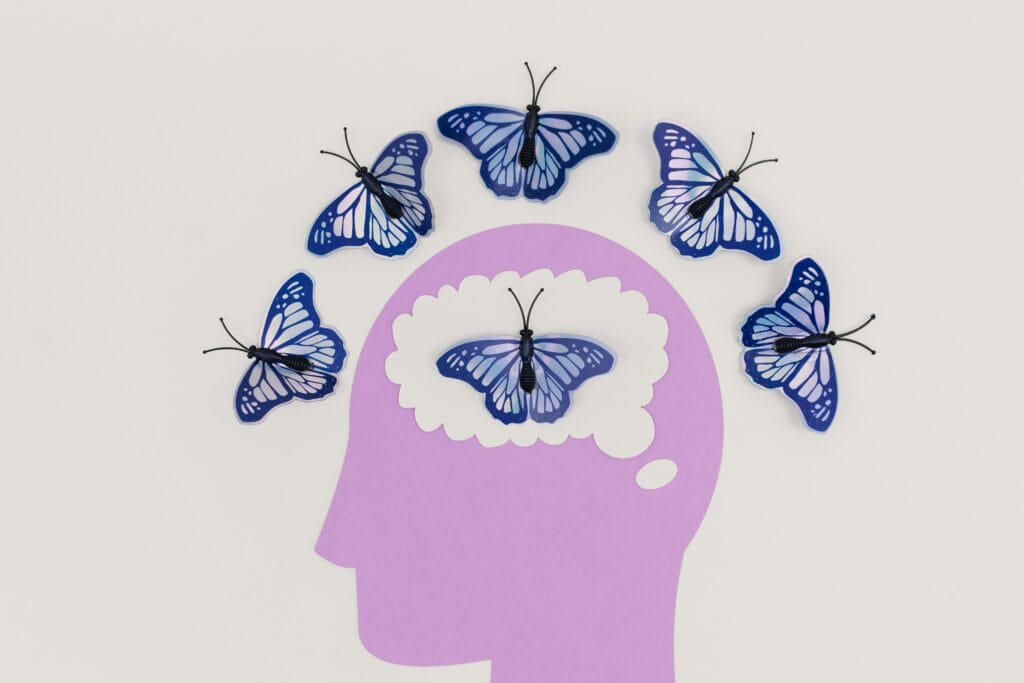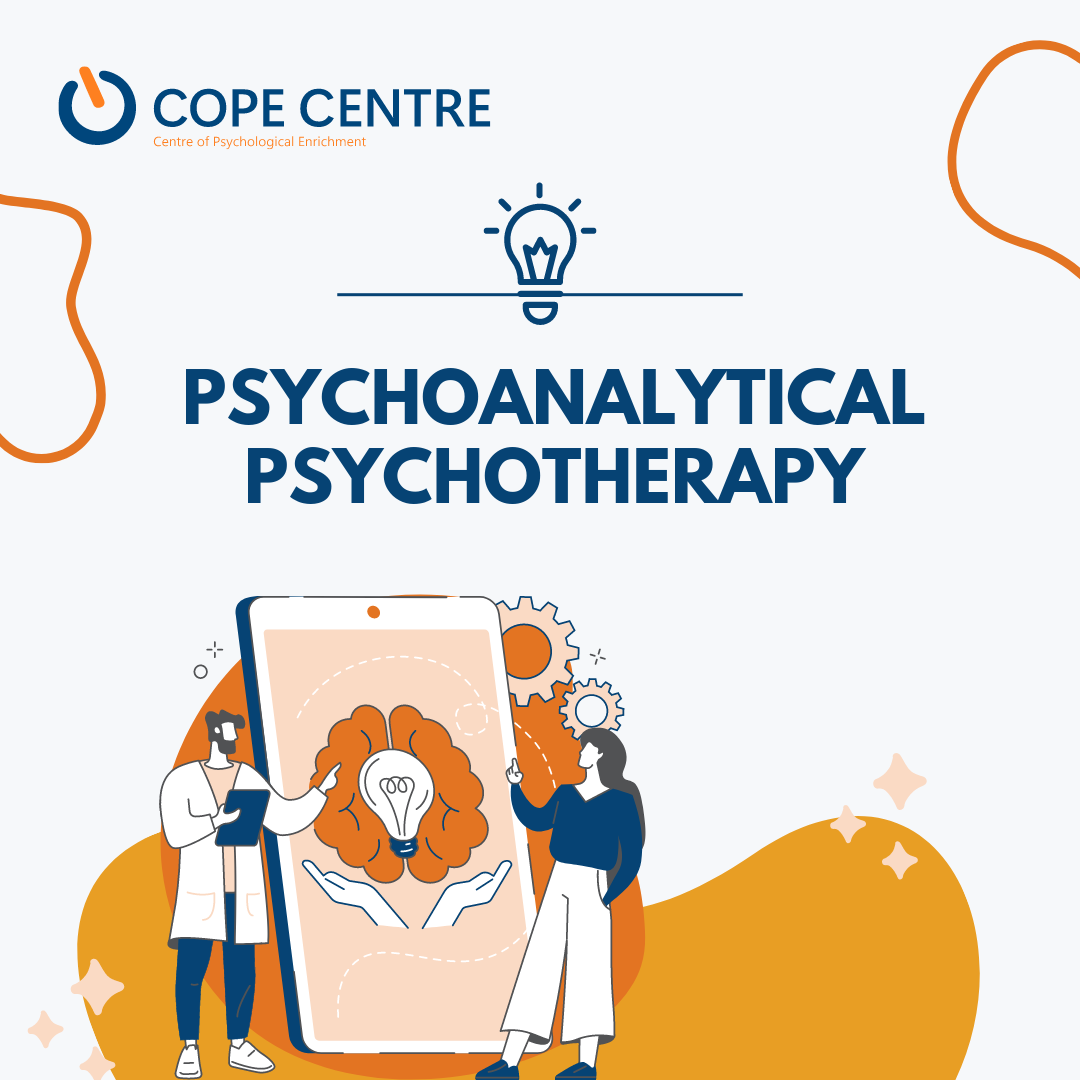Psychoanalytic Insight:
Exploring the Unconscious Mind
Everyone has certain affinities or aversions—perhaps a favourite movie genre, a comforting smell like cookies, or an instinctual dislike of specific situations. Have you ever found yourself asking, “Why do I gravitate toward these things or avoid them?” In the realm of psychoanalysis, these seemingly small preferences and aversions can reveal deep-rooted parts of ourselves.

Sigmund Freud, a pioneer in psychoanalysis, popularized the concept of the unconscious mind, which holds the memories, desires, and feelings we are unaware of but that influence us profoundly. While the unconscious mind is difficult to study directly, its presence is felt in the choices we make, the people we feel drawn to, and the situations that make us uneasy. Freud proposed that the unconscious is structured by a complex network of repressed memories, forgotten traumas, and unfulfilled desires, and this hidden part of our mind plays a critical role in shaping our personalities.
Our unconscious minds contain both protective mechanisms and deeply ingrained motivations. For instance, if a child had a frightening experience while watching a specific genre of film, the unconscious might repress the memory but retain an aversion to similar situations in adulthood. This repression acts as a defense mechanism, shielding us from past hurts or uncomfortable truths that might be overwhelming if consciously remembered. At the same time, the unconscious mind holds latent desires and fears, which can bubble to the surface in the form of seemingly irrational attachments or phobias.
The unconscious mind is thought to be the wellspring of much of our creative and emotional life. The subtle influence it exerts is seen in the things we enjoy and the behaviours we repeat, even if we can’t fully explain why. Psychoanalytic therapy aims to bring elements of the unconscious into conscious awareness, offering individuals the opportunity to understand these hidden motivations. By exploring the unconscious, we gain insight into the origins of our feelings, allowing for greater self-awareness and, ultimately, personal growth.

So next time you find yourself strangely drawn to a certain smell, or inexplicably uncomfortable in a specific situation, consider it an invitation from your unconscious mind. These reactions might be clues that, when examined, lead you to uncover buried memories, long-forgotten experiences, or wishes that have shaped you more than you realise.
By Matthew Jung
References and Further Reading
Curtis, H. (2018). Everyday Life and the Unconscious Mind: An Introduction to Psychoanalytic Concepts (1st ed.). Routledge.Ekins, R. (2018). Unconscious Mental Life and Reality (R. Ekins, Ed.; First edition.). Routledge.Sandler, J. (1997). Freud’s Models of the Mind: An Introduction (1st ed.). Karnac Books.
COPE Centre of Psychological Enrichment
Visit us at 2 Lawrence Avenue, West Perth
📞 (08) 6556 6460
📧 [email protected]


